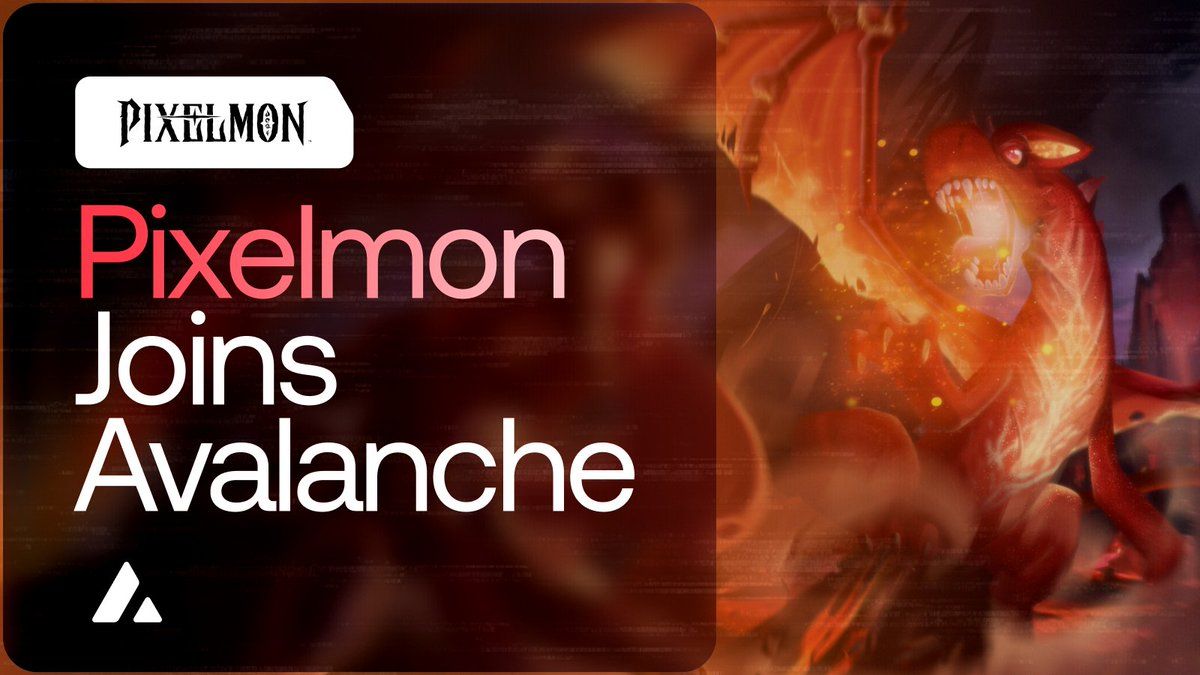In the fifth episode of our new season of Web3 Innovators, our host Conor Svensson is joined by Ben Edgington, is the founder and lead product owner of Teku, an Ethereum 2.0 client at ConsenSys.
Prior to this he worked as Head of Engineering at Hitachi.
Ben has been a guest on the podcast previously in 2021. Listen here
Episode highlights:
- Why Ben decided to work exclusively on proof of stake and scalability of Ethereum
- The surprises with Ethereum governance
- The pragmatism surrounding Ethereum and knowing it may not immediately be perfect
- The alternatives to Ethereum and where Ben sees compromises being made
- How the Ethereum ecosystem has been expanded and what this means for adoption and new technologies
- The Shanghai Hard Fork and Shanghai Stroke Capella upgrades and what this will mean for ETH staking
- Why institutions are happy to stake in ETH
- The areas of focus for Ben moving forward
- What the Ethereum ecosystem needs to achieve just to give every person on the planet one transaction per day
- The e-book that Ben is currently working on outlining the specifications for Ethereum’s protocols
Key Takeaways:
It was basically chaos. And yet somehow order emerges from the chaos. And I’ve come to believe this is really important for the health of Ethereum. We purport to be open and permissionless and we have to design and build our protocols in a way that reflects that. – Ben
I’m not an Ethereum maximalist, right? I don’t think there should be Ethereum and nothing else. I’m very much for other approaches and explorations of the design space as long as people are aware of the compromises that are being made. – Ben
The upcoming Shanghai Stroke Capella upgrade. This is gonna happen in, my guess, early April and will unlock the rewards that stakers have put down. Currently we’ve got, it’s about 16 million ETH staking, which is extraordinary, over half a million validators. – Ben
In the longer term, we need a solution in which every node on the network does not need to see every piece of data. – Ben
We are not going to get into infinite scalability, but for one transaction per day for everybody on the planet, we need a hundred thousand transactions per second. So there’s a sort of order of magnitude estimate for when the Ethereum main net becomes capable. – Ben
Resources:
Read More: blog.web3labs.com









 Bitcoin
Bitcoin  Ethereum
Ethereum  Tether
Tether  XRP
XRP  Solana
Solana  USDC
USDC  Dogecoin
Dogecoin  Cardano
Cardano  TRON
TRON  Lido Staked Ether
Lido Staked Ether  Wrapped Bitcoin
Wrapped Bitcoin  Sui
Sui  Wrapped stETH
Wrapped stETH  Chainlink
Chainlink  Avalanche
Avalanche  Stellar
Stellar  Hyperliquid
Hyperliquid  Shiba Inu
Shiba Inu  LEO Token
LEO Token  Hedera
Hedera  Bitcoin Cash
Bitcoin Cash  Toncoin
Toncoin  Litecoin
Litecoin  Polkadot
Polkadot  USDS
USDS  WETH
WETH  Monero
Monero  Binance Bridged USDT (BNB Smart Chain)
Binance Bridged USDT (BNB Smart Chain)  Wrapped eETH
Wrapped eETH  Bitget Token
Bitget Token  Pepe
Pepe  Ethena USDe
Ethena USDe  Pi Network
Pi Network  Coinbase Wrapped BTC
Coinbase Wrapped BTC  WhiteBIT Coin
WhiteBIT Coin  Bittensor
Bittensor  Dai
Dai  Uniswap
Uniswap  Aave
Aave  NEAR Protocol
NEAR Protocol  Aptos
Aptos  OKB
OKB  Jito Staked SOL
Jito Staked SOL  Ondo
Ondo  BlackRock USD Institutional Digital Liquidity Fund
BlackRock USD Institutional Digital Liquidity Fund  Cronos
Cronos  Internet Computer
Internet Computer  Tokenize Xchange
Tokenize Xchange